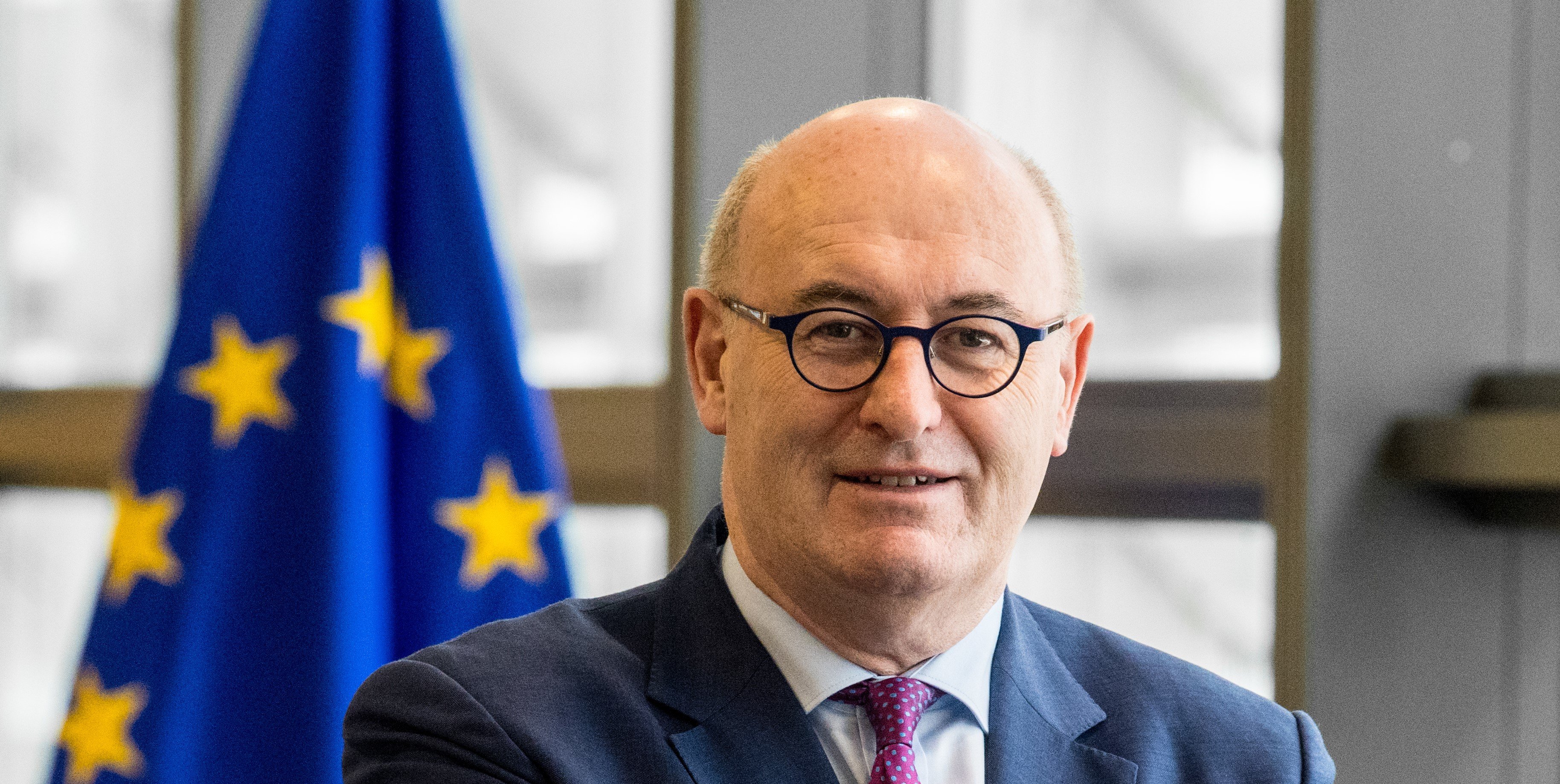The economies of all countries are integrated into global value chains and supply networks, which account for two thirds of world trade. These have been and continue to be severely affected by the effects of the COVID-19 pandemic, as well as by the measures that have been and are being taken to contain it. Global structures have generated many wealth-creating and job-creating effects. This now seems to be forgotten, as a return to national production and value chains for risk avoidance is the order of the day. To what extent can the German EU Council Presidency contribute to counteracting this development and to shape a European and multilateral approach?
Trade is one of the main drivers of wealth and job creation in the EU. As many as one in seven jobs in the EU depends on exports, while 16 million jobs are supported by foreign investment. I believe that the priority is to build on our strengths as the EU to improve our trade performance, while coordinating trade policy on a global level.
Europe must be in the lead in restating its commitment to openness and interconnectedness, while working together with our external partners. Self-sufficiency is not efficient, realistic, nor necessary for creating more resilient supply chains and ensuring a stronger EU. Diversifying and solidifying supply chains and ensuring that they are supported by a stable and predictable rules-based trading order is the safest and most efficient solution. This will allow us to respond to all sorts of crisis situations, not just repeats of the current pandemic.
Germany has been a strong supporter of open, rules-based global trade and I see no reason why it would not continue to pursue those principles during its Presidency.
Even before the outbreak of the COVID-19 pandemic there were clear signs of changes in global trade. The US has initiated a process of uncertainty with its strong domestic political strategy of "America First" and the associated "decoupling", the decoupling and reduction of investment and production processes. How could this development be counteracted in the course of the German EU Council Presidency?
The COVID-19 crisis has mostly exacerbated pre-existing trends such as growing unilateralism, crisis of rules based trade, and international governance. At the same time, this crisis is one of the most vivid examples of how global issues can only be solved on a global level.
In fact, this could be an opportunity to greatly enhance international cooperation and global governance in all areas. In the field of WTO reform, we will keep insisting on a rules based international trading system that can continue to support robust international trade. Without stability and predictability, trade cannot help our businesses to reach full potential and our economies to recover.
EU-US transatlantic trade is still the main artery of the world economy. As one of our key partners, we must directly build a coordinated approach with the US to improve the trade flows between us. In addition, both EU and US businesses rely on global supply chains which is why we expect close cooperation with the US to ensure an effective response towards global recovery.
The WTO Secretariat forecasts that global trade in goods could fall by 13% to 32% in 2020, depending on assumptions about the length and severity of the pandemic. What plans is the EU Commission pursuing to overcome this crisis?
The true extent of the economic impacts of the COVID-19 crisis remains to be seen. However, what is certain is that we need strong trade and investment to achieve a sustainable recovery. This is especially important since the estimates say that 85% of future growth will occur outside of Europe.
As I have emphasized in the last G20 Trade and Investment Ministers Meeting, there remains an overwhelming need for coordinated action between countries and regions if the exit from the COVID-19 crisis is to be coherent and lasting. Fair, open and rules-based trade remains our best bet for building more competitive, dynamic, and sustainable economies.
As the EU, we will stay committed to keeping our economy open, but at the same time, we need to ensure that our openness in not being taken advantage of, especially in strategic sectors. At the European Commission we are referring to this goal as “open strategic autonomy”. We need to guarantee a stable global trading environment with rules that reflect the challenges of our generation and are aligned with our digital and climate neutral transitions. In that way, we will ensure that our EU businesses can grow sustainably, which will also help speed up the economic recovery.
Trade relations with the United States have been heavily burdened by new tariffs in recent years. The aftermath of the pandemic is putting an additional strain on trade flows. What impetus can Germany, as the so called "Exportweltmeister", give to frame international trade in the future more robust and more resilient for the EU?
We would like Germany – and all EU Member States – to support the EU in its quest to shape global trade based on openness and fair play. As the EU, we want to address the crisis in the rules-based international trading system to restore stability, which means we will lead an initiative to reform and modernise the WTO. We will have to strengthen our toolbox to protect ourselves against unfair practices by others, ensuring that no outside power exploits our openness, nor that there is a bargain basement sale of strategically important EU businesses.
One important aspect is to ensure that other trading partners give our companies access to their procurement markets in the same way that the EU grants to their businesses. We need a level playing field to ensure free trade and fair trading conditions at the same time. Finally, we are upgrading our enforcement regulation and further increasing our focus on implementation and enforcement of our trade agreements.
Download the Interview here.
Find our position paper here.
Read the results of our member survey here.

